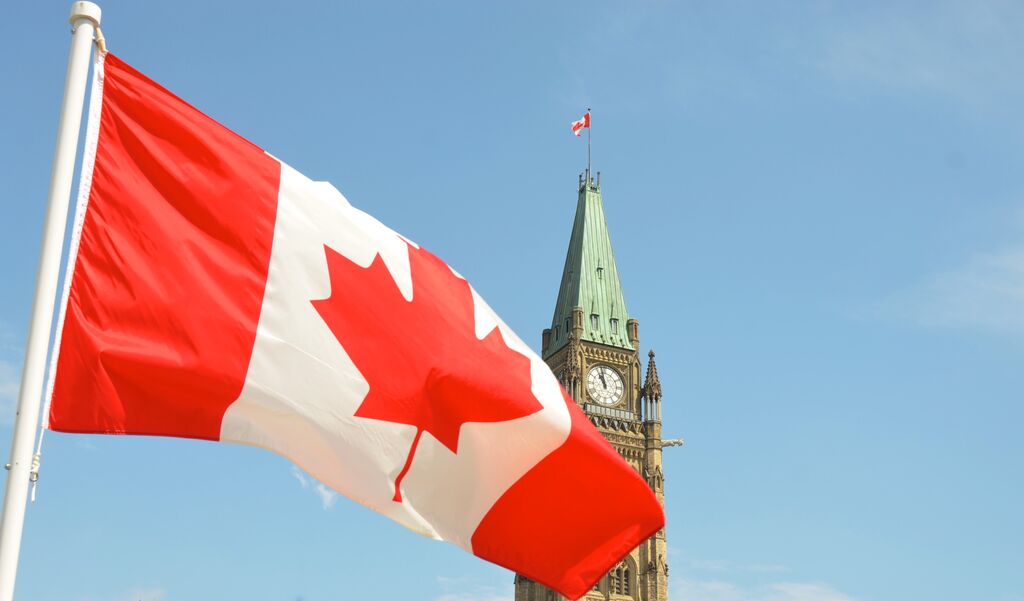Assisted Suicide
Canada ignored warnings over euthanasia law

Canadian authorities ignored serious warnings about euthanasia which are now being recognised as true, a newspaper has said.
The National Post notes that concerns about a "slippery slope" were raised in 2015, before Canada's Supreme Court struck down a criminal code prohibiting the practice, and parliamentarians legislated.
Canada's Supreme Court heard rules allowing euthanasia for a narrow group of people, such as those with a terminal illness, would inevitably be extended to allow more groups to access doctor-assisted death.
Belgian bioethicist Etienne Montero told judges that “safeguards” were an illusion, saying: “Once euthanasia is allowed, it becomes very difficult to maintain a strict interpretation of the statutory conditions.”
But Canadian justices dismissed the Belgian experience altogether as “the product of a very different medico-legal culture” and said it offered no lessons for Canada.
During parliamentary debates, Canadian MPs also expressed concern that a euthanasia regime could unwittingly extend to the disabled or the mentally ill. These were similarly ignored by Canada's government.
Three years after legalisation, the courts ruled that limiting eligibility for 'assisted death' to terminal illness was wrong. A 2021 law extended it to people with disabilities and, from 2023, mental illnesses.
Last June, a Canadian parliamentary committee heard from Trish Nichols, whose suicidal and mentally ill brother, Alan, was given assisted death despite not being eligible for the practice, and despite being severely distressed.
Alan had been taken by his family to the hospital only days before to recover from a psychiatric episode. In the minutes before he died, Trish described Alan screaming uncontrollably.
She told the committee: “Would you feel safe now, bringing your suicidal loved one to seek medical care for recovery when there are no oversight or stringent safeguards surrounding a procedure that kills people?"
Share
